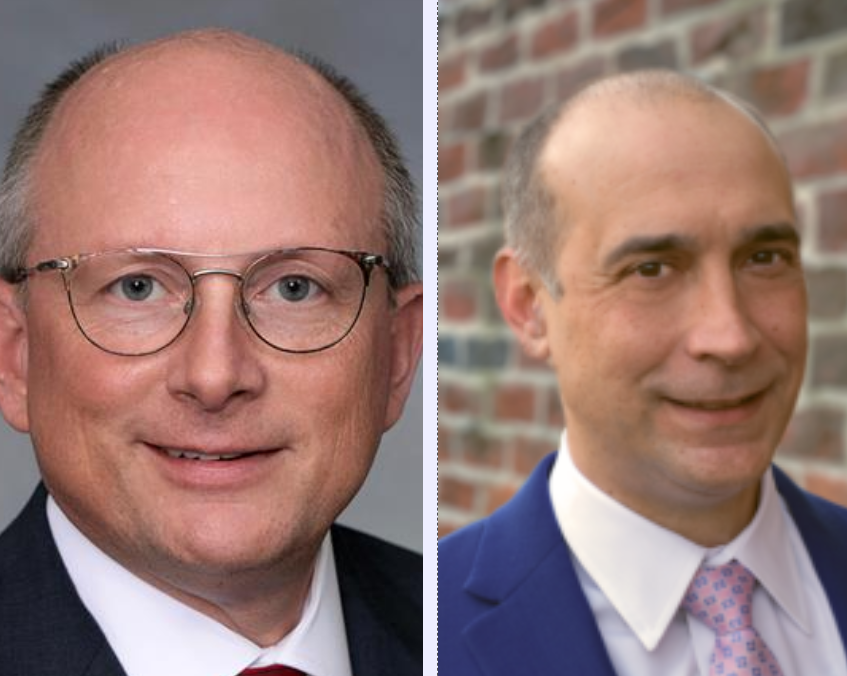
WRAL investigation includes Dr. Timothy Reeder and NCMS VP of Advocacy John Thompson
(RALEIGH, Ali Ingersoll) — Dr. Jennifer Casaletto dreamed about working in an emergency department for years.
“I have the opportunity to treat everyone,” she said, her face lighting up when talking about her career. “That opportunity of sharing in folk’s stories and being able to be with them on many of their worst days, is what we trained to do.”
However, she never thought she would have to be trained to respond to them on their worst days and that she could be put in harm’s way by trying to keep others healthy and safe.
“I almost view the verbal threats and someone throwing urine or cursing at me as something that is a part of the job,” said Casaletto, who is also the former president of the North Carolina College of Emergency Physicians. “And I know it shouldn’t be that way.”
WRAL Investigates found felony assaults against health care workers jumped 7.5% between 2022 and 2023, according to court records. A nationwide survey of emergency physicians shows one-fourth of the respondents report being assaulted regularly.
Casalleto said during her first seven years, she only experienced that sort of violence and disrespect twice. But within the last 15 to 20, she experiences it each month. The emergency department physician says it is one of the top reasons why nurses and doctors are leaving the field.
“I think that that’s really just a reflector of what’s going on in society, sadly,” Casaletto said.
In an effort to curb the violence, North Carolina hospitals with emergency departments will be required by law to have armed security around the clock, unless they get an exemption.
“It’s a perfect storm in the hospital,” said John Thompson, the Vice President of Advocacy for the North Carolina Medical Society. “We want our doctors and nurses to be able to work in a safe as environment as possible.”
State Rep. Timothy Reeder, R-Pitt, who is a physician, proposed the change. He was working Monday in the emergency room, so he wasn’t available for comment.
Casaletto says it seems as if all major hospitals are on board with the change. She said that events like threats – both to her and to the campus – take away from patient care.
“I think that you’re more on edge,” she said. “But it is more than that.
“You’re used to distractions. You’re also used to be taken away to respond to an urgent trauma issue. This is not just a task interruption. This is an interruption that stays with you and certainly would color the rest of the shift.”
See the full story here.
